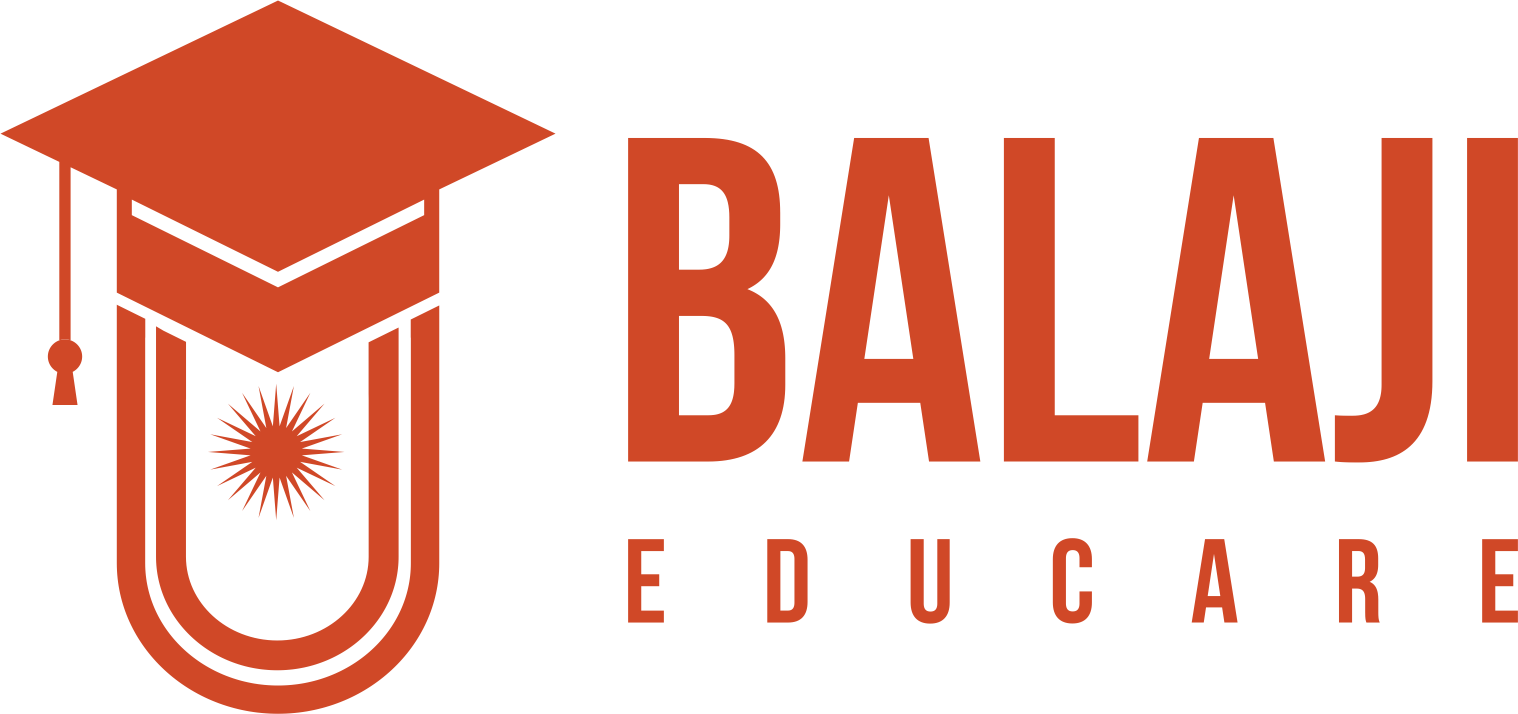Barry Melancon’s Warning: Don’t Lower CPA Standards Amid Reforms
As the accounting profession undergoes sweeping reforms to address a recruitment crisis, Barry Melancon — dubbed “the most important man in accounting” — is stepping down after three decades as CEO of the American Institute of Certified Public Accountants (AICPA). His parting message is clear: the profession must not sacrifice quality for convenience.
Under Melancon’s leadership since 1995, the AICPA modernized the CPA exam, expanded globally, and introduced shared technology systems. Yet today, the profession faces declining exam participation, competition from finance and tech careers, and an increasing reliance on private equity investment. In response, many states are revisiting the long-standing 150-hour rule, which requires five years of university-level education. Critics say it deters new entrants, while reforms propose replacing it with on-the-job training.
Melancon acknowledges the shortage but warns against a “race to the lowest common denominator.” He argues that the 150-hour standard elevated accounting from a trade to a respected profession. Instead of shortcuts, he believes competency-based training is crucial, ensuring new CPAs have demonstrable skills.
He also predicts a reshaped profession: fewer entry-level roles due to automation, flatter firm structures, and greater opportunities for accountants to use analytical and advisory skills. Meanwhile, private equity’s growing role brings both investment and risks, with regulators cautioning about audit independence.
As Melancon retires, his message resonates: trust is the profession’s cornerstone, and reforms must balance accessibility with the integrity and quality that define the CPA designation.

